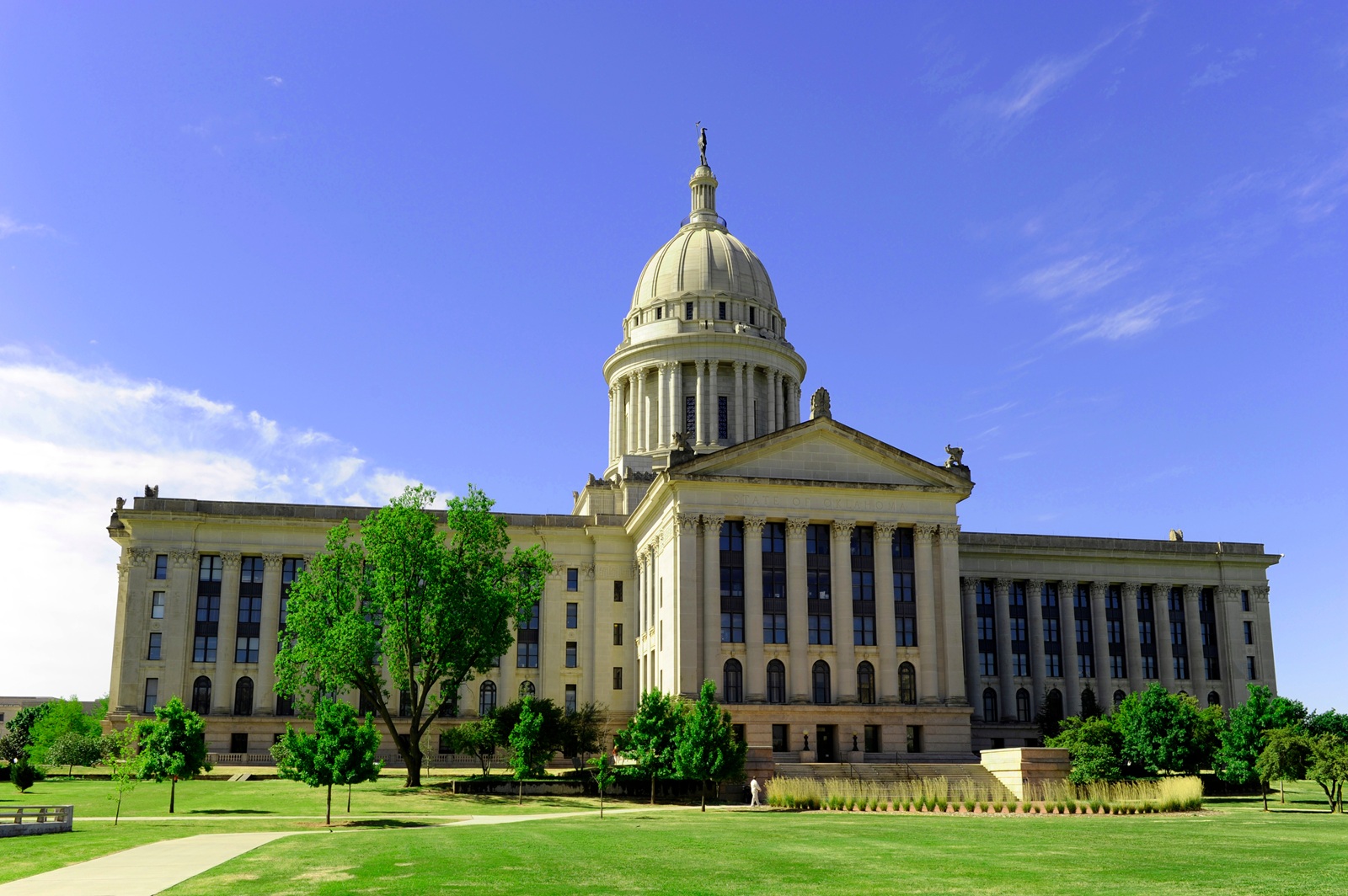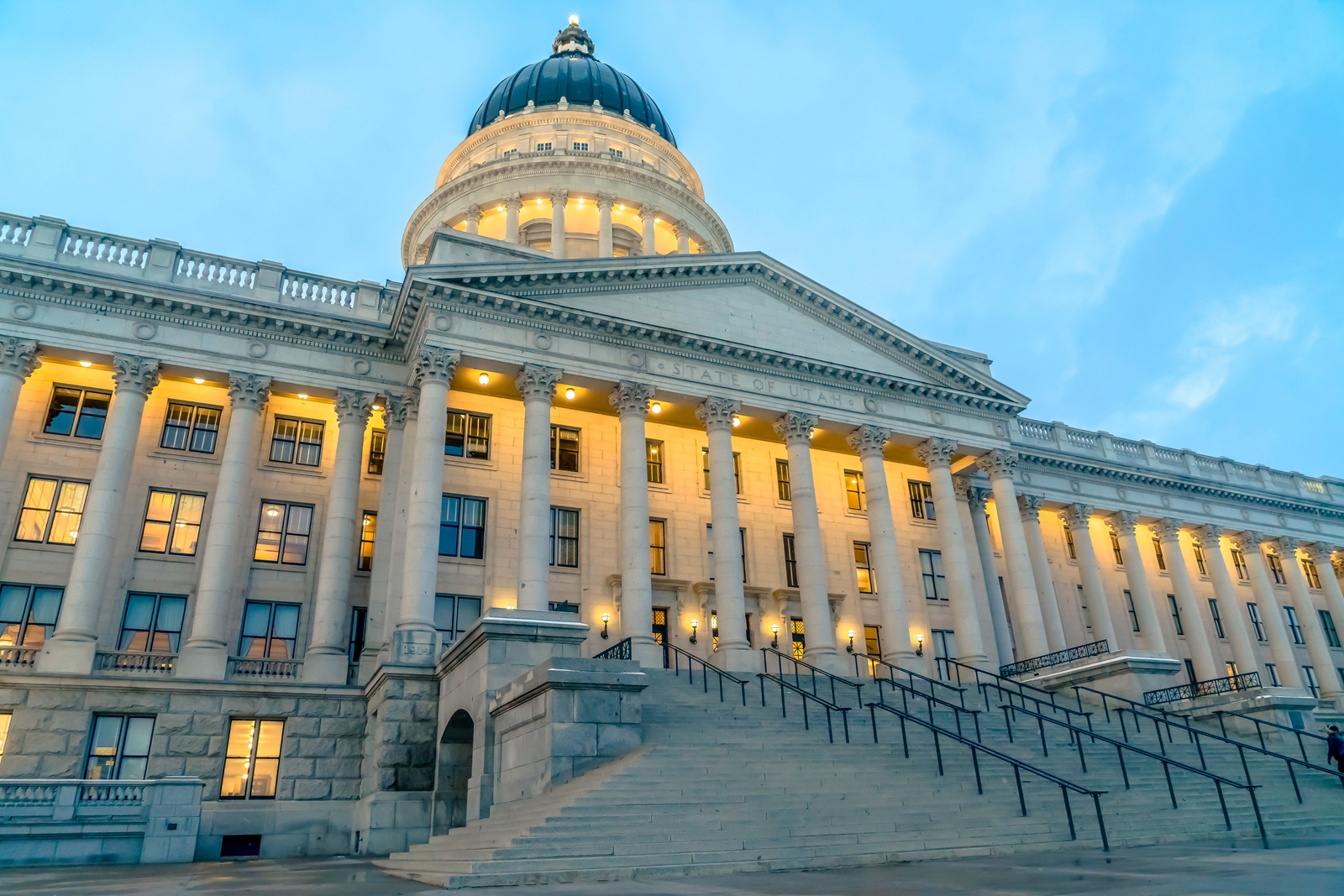Oklahoma Senate Bill 626, which amends Oklahoma’s Security Breach Notification Act, recently became law without the Governor’s signature. The legislation will go into effect Jan. 1, 2026. The amendments include...
North Dakota Gov. Kelly Armstrong recently signed into law House Bill 1127 which is nearly identical to the Gramm-Leach-Bliley Act Safeguards Rule, including the more recent amendments regarding data breach notifications. The law will go into effect Aug. 1, 2025.
New York’s standalone consumer protection statute, General Business Law § 349, may get a makeover. And if this proposal from New York’s Attorney General becomes law, it will be quite easy and economically beneficial for consumers and consumer advocacy groups to initiate litigation over any aspect of consumer-facing business activity.
Virginia Gov. Glenn Youngkin on March 24 vetoed House Bill 2094, the “High-Risk Artificial Intelligence Developer and Deployer Act.” The veto can only be overridden by a two-thirds vote of the House, which seems unlikely given the close vote in the House on the Senate substitute (52-Y; 46-N).
Utah Gov. Spencer Cox on March 27 signed into law Senate Bill 226 relating to the use of generative artificial intelligence in consumer transactions and regulated services. The law goes into effect on May 7, 2025.
Kentucky Gov. Andy Beshear on March 15 signed into law House Bill 473, which amends the Kentucky Consumer Data Protection Act. The amendments will go into effect Jan. 1, 2026.
The upward trend in data privacy legislation continued in 2024. Narrowing the focus to “comprehensive” legislation, i.e., that which conveys certain rights to consumers and restricts the collection and use of their personal information, over 70 bills were filed.
New York Gov. Kathy Hochul recently signed into law A8872-A and S2659-B which amend New York’s data breach notification law.
California Gov. Gavin Newsom recently signed SB 1286 amending the Rosenthal Fair Debt Collection Practices Act’s coverage to certain commercial debt. Prior to this amendment, the RFDCPA’s restrictions applied only to certain debt collectors and creditors collecting consumer debt. The amendments are effective Jan. 1, 2025.
The U.S. Court of Appeals for the Sixth Circuit recently upheld the dismissal of a financial institution's putative class action lawsuit against a cellular service provider arising from a "SIM swap" scam, holding that the financial institution had no claim for indemnification or contribution under the EFTA or state law.
The U.S. Court of Appeals for the Seventh Circuit recently upheld a trial court's rejection of a borrower's allegations that a mortgagee and its servicer violated the federal Fair Credit Reporting Act and the federal Fair Debt Collection Practices Act by allegedly inaccurately reporting her loan as delinquent following the borrower's successful completion of her bankruptcy plan, allegedly rejecting her subsequent monthly payments, and filing a foreclosure action based on the supposed post-bankruptcy defaults.
Pennsylvania Gov. Josh Shapiro recently approved Senate Bill 824, which amends Pennsylvania’s data breach notification law, 73 Pa. Stat. Ann. § 2301, et seq.












